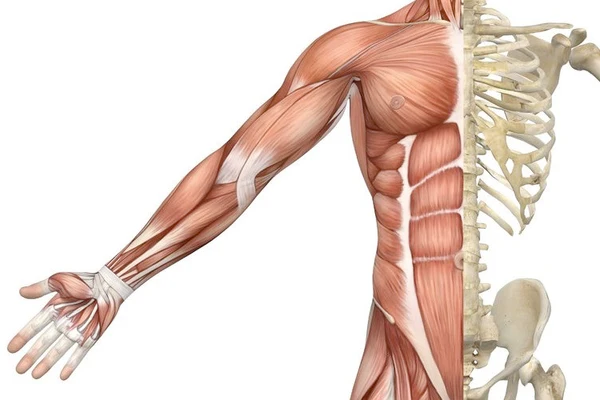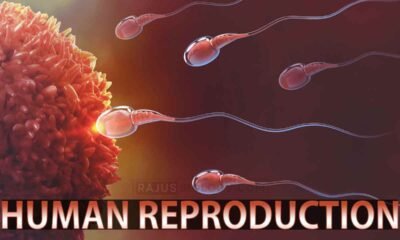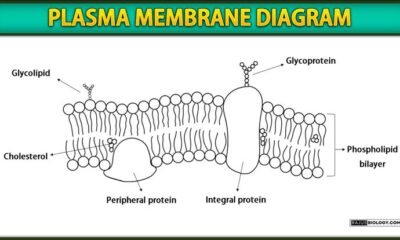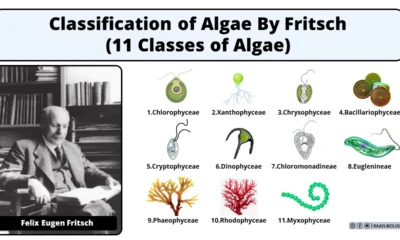Blog
Functions of Muscles | Free Biology Notes

In this article we will discuss about the functions of muscles
Functions of Muscles
- There are three types of muscle tissues in animal
- Skeletal muscle
- Cardiac muscle
- Smooth muscle
Skeletal Muscle Function
- Skeletal muscle is responsible for all voluntary actions of the body.
- By pulling on tendons, they then produce movement of the skeleton.
- Maintaining posture and body position
- Support soft tissues and store nutrient reserves
- Skeletal muscles protect the internal organs from injury.
Smooth Muscle Function
- All involuntary activities are responsible for smooth muscles because they are controlled by signals from the autonomous nervous system.
- Smooth muscles in the gut enable food to move through the alimentary canal of the digestive system.
- The smooth muscles regulate body temperature.
- Smooth muscle muscles help with the flow of blood in the arteries and veins.
- In the urinary bladder, smooth muscle helps to push out urine.
- During menstruation, smooth muscle in the uterus contracts to expel the uterine lining.
- Smooth muscle helps sperm to move along the male reproductive tract.
- To prevent urination during ejaculation by men, the sphincter muscle constricts.
- The smooth muscle in the uterus helps a woman to push out her baby.
- Smooth muscle cells in the ovaries contract when a woman ovulates.
Cardiac Muscle Function
- Cardiac muscle tissue helps to keep your heart pumping through involuntary movements.
- Cardiac muscles are found only in the heart
- It also helps in the flow of blood.
- They regulate the contraction and relaxation of the heart, which helps in pumping blood through the circulatory system.
- The cardiac muscle tissue works without stopping, day and night.
- The movements of the cardiac muscles are involuntary. They are important in sustaining life.

 Blog8 months ago
Blog8 months ago[PPT] Human Reproduction Class 12 Notes
- Blog8 months ago
Contribution of Indian Phycologists (4 Famous Algologist)
- Blog8 months ago
PG TRB Botany Study Material PDF Free Download

 Blog8 months ago
Blog8 months agoCell The Unit of Life Complete Notes | Class 11 & NEET Free Notes

 Blog8 months ago
Blog8 months ago[PPT] The living world Class 11 Notes

 Blog8 months ago
Blog8 months agoPlasma Membrane Structure and Functions | Free Biology Notes

 Blog8 months ago
Blog8 months agoJulus General Characteristics | Free Biology Notes

 Blog8 months ago
Blog8 months agoClassification of Algae By Fritsch (11 Classes of Algae)













